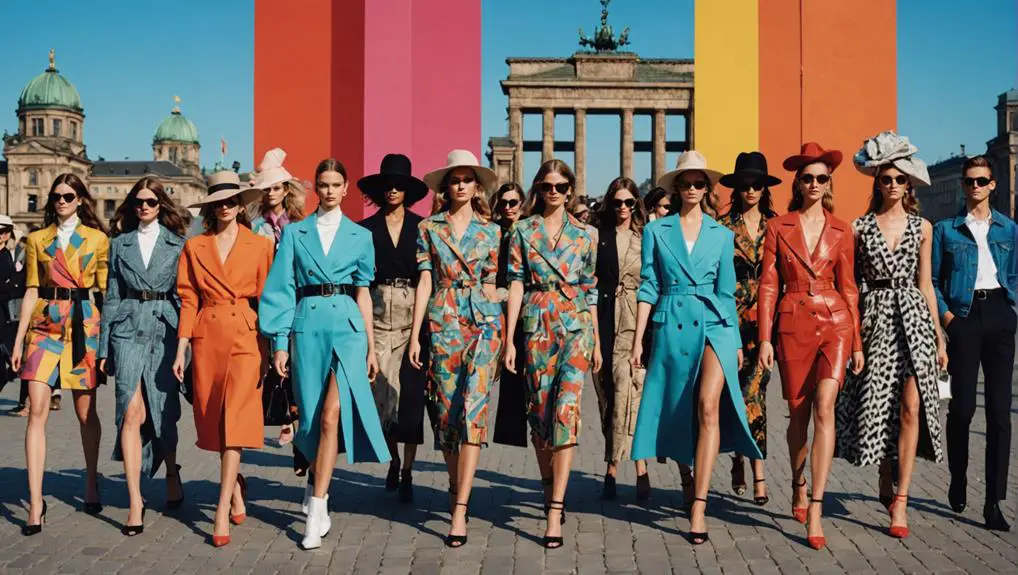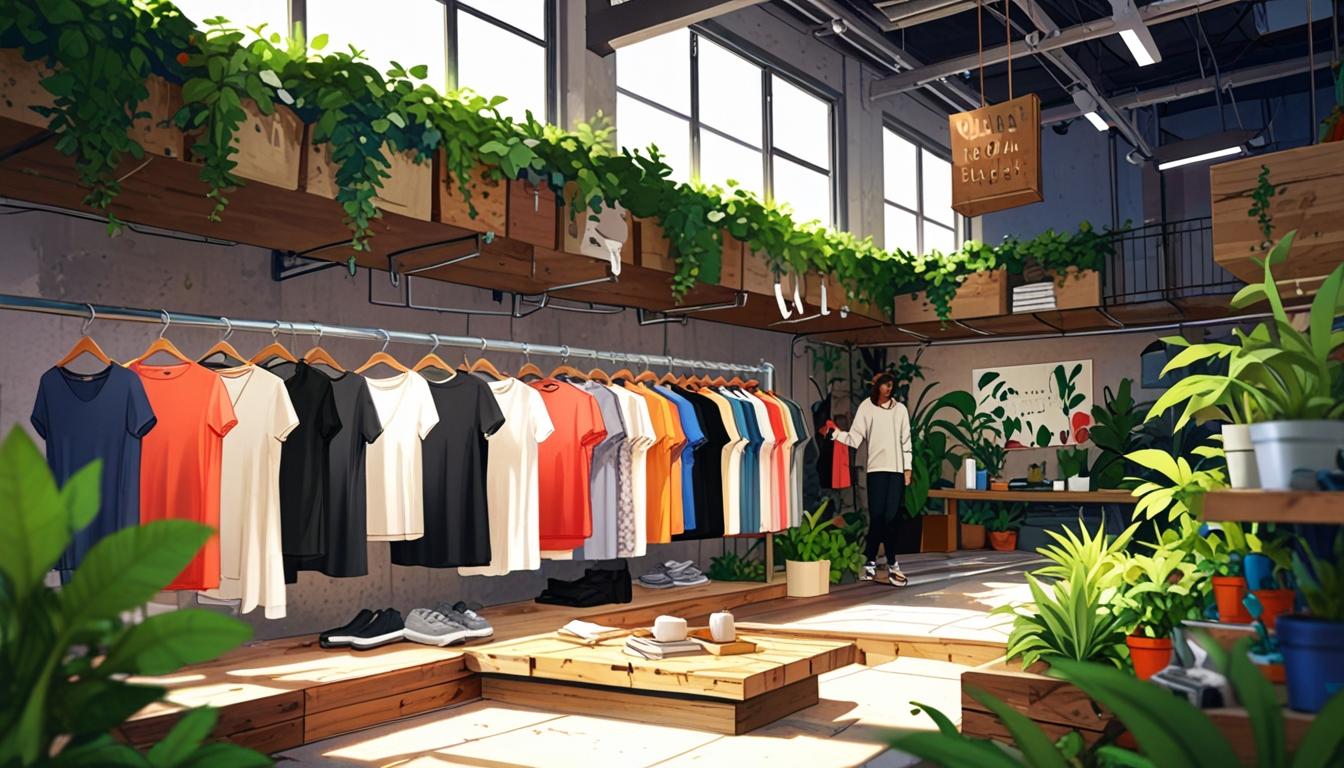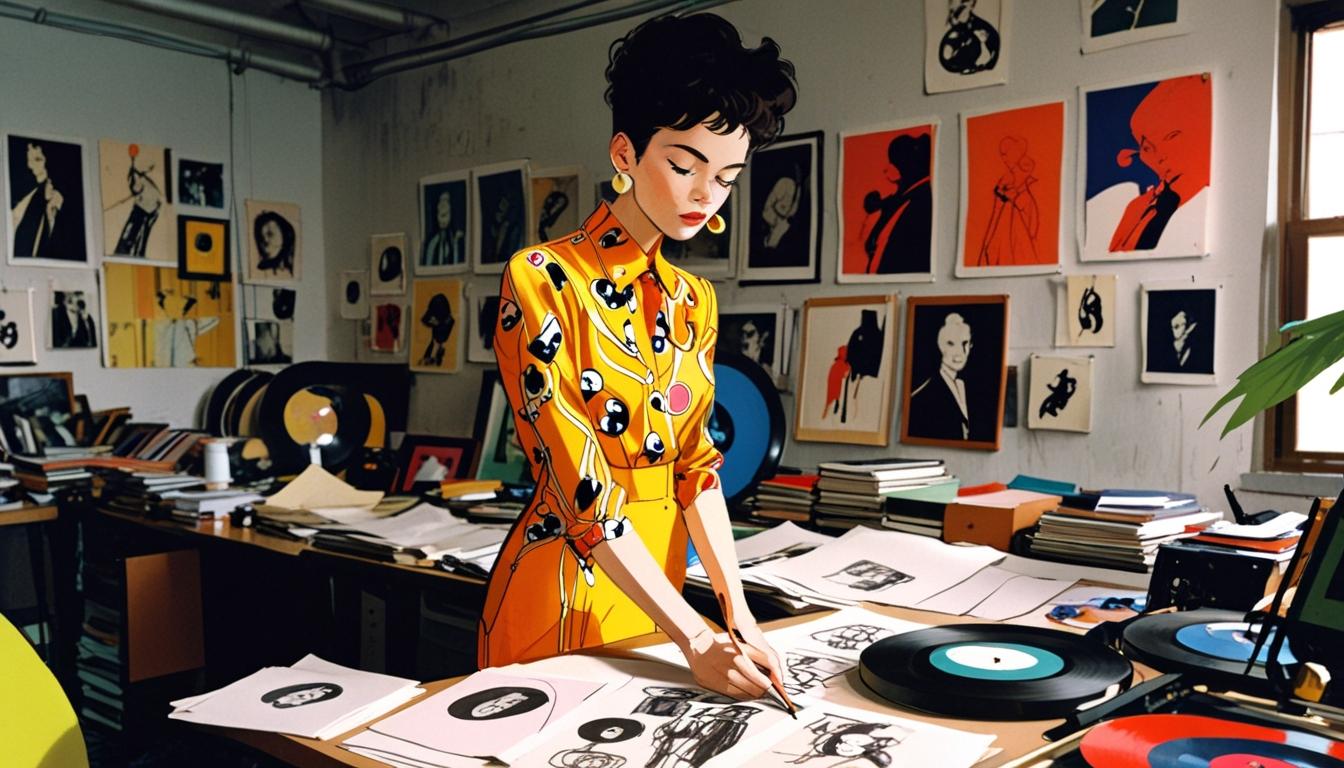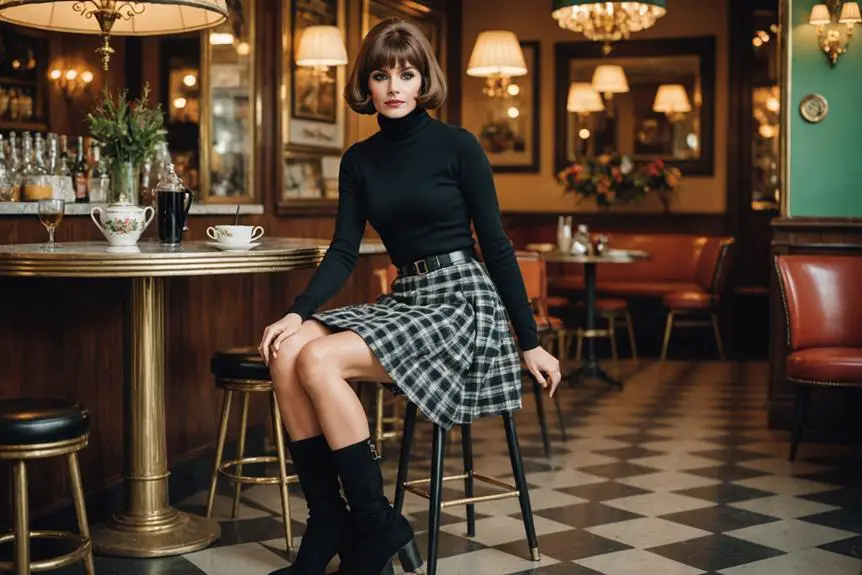Berlin Fashion Week is like a chameleon, constantly changing to reflect the vibrant culture and values of its time. You might wonder how this once-local event blossomed into a globally recognized platform. With the Fashion Council Germany steering its direction, the focus has shifted towards inclusivity and sustainability, impacting not only the fashion industry but also the city's economy. As you explore the layers of this evolution, you'll discover the driving forces behind its transformation and the intriguing future that awaits it.
Historical Overview of BFW
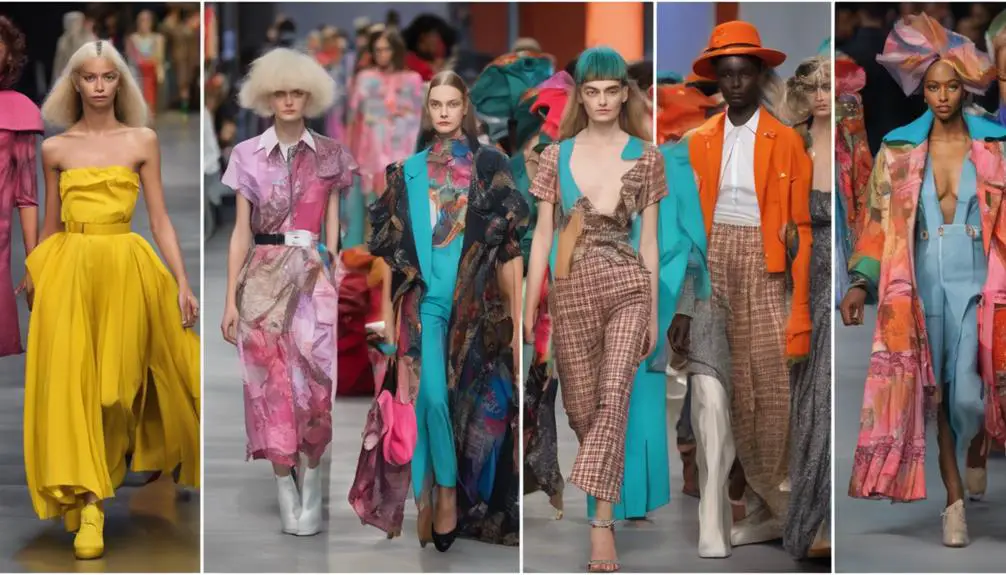
Since its launch in 2007, Berlin Fashion Week (BFW) has transformed from a local showcase into a vital international platform that highlights the city's vibrant cultural and artistic legacy. Can you imagine being part of something that has grown so much? At first, it was just a small event, but over the years, it's showcased some truly notable designers, like Hugo Boss, who made their debut during BFW. That's pretty impressive, right?
BFW isn't just about the runway; it's about the cultural significance of fashion in Berlin. This event brings together creativity, innovation, and sustainability, making the fashion industry more inclusive. With over €10 million invested into the local fashion scene, it's clear that Berlin is serious about its style!
Every season, around 200,000 professionals flock to this incredible event, proving that BFW is now one of the top five fashion locations worldwide. The economic impact is huge, generating about €120 million each season and creating jobs for over 25,000 people. That means more opportunities for aspiring designers and fashion enthusiasts like you!
The Role of Fashion Council Germany
The Fashion Council Germany frequently plays an essential role in shaping the direction of Berlin Fashion Week. Since taking over from Mercedes-Benz in 2017, they've totally shifted the vibe, focusing on fashion inclusivity and supporting emerging designers. It's like a breath of new air for the whole scene!
You'll notice that Berlin Fashion Week now features cool initiatives like Berlin Contemporary, which spotlight new talent and create a vibrant, diverse design community. How awesome is that? Plus, with state funding of €180,000 from the Berlin Senate for the 2024 edition, it's clear the government is backing this exciting movement.
The Fashion Council wants to set Berlin apart from other fashion capitals like London, Paris, and Milan. They're redefining success for emerging designers, which is super important in today's fast-evolving fashion world. Instead of just focusing on sales or runway fame, they're emphasizing community-building and adaptability. This means that no matter where you are in your journey, there's a place for you here.
Imagine being part of a community where everyone's cheering for you, pushing for fashion inclusivity! Doesn't that sound fantastic? The Fashion Council is all about creating a space where emerging designers can thrive, experiment, and express themselves. So, if you're dreaming of making it big in fashion, Berlin might just be the place to start your journey!
Sustainability Initiatives in Fashion
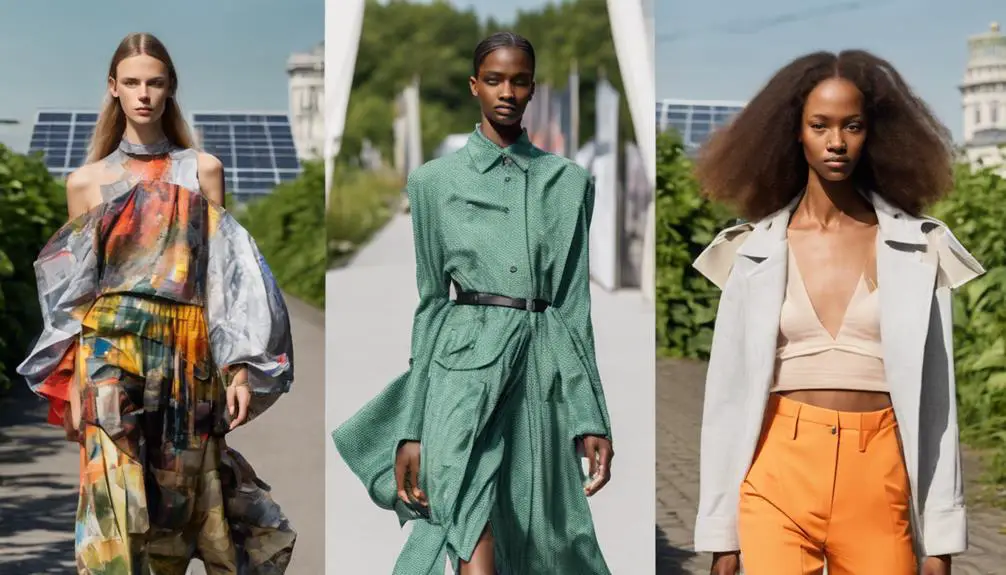
Berlin Fashion Week isn't just about showcasing talent; it's also embracing sustainability as a core theme. You might be wondering, how are they doing this? Well, the event is diving deep into circular fashion concepts, which means creating clothes that can be recycled or reused, instead of just thrown away. It's all about keeping the fashion cycle going!
Starting in spring/summer 2025, there's a pilot phase for new sustainability standards. By February 2026, they plan to fully implement these guidelines to boost environmental accountability in the fashion industry. That's pretty exciting, right?
Plus, the Berlin Contemporary competition is upping the game by awarding emerging designers €25,000 and mentoring. This not only encourages innovative designs but also highlights the importance of craftsmanship and ethical production. Designers are being pushed to think about how their creations impact the planet, which is a win for everyone.
And it doesn't stop there! Berlin Fashion Week is teaming up with Copenhagen Fashion Week and the European Fashion Alliance to spread the word on sustainability. They're sharing results on a neutral platform, making it easier for everyone to get involved.
Impact on Berlin's Economy
With an impressive economic impact, Berlin Fashion Week plays a pivotal role in revitalizing the local economy. Imagine this: the event generates around €120 million each season! That's a huge boost to the city, attracting about 200,000 professional visitors every year. Pretty impressive, right?
The fashion industry in Berlin is no small player, either. It employs over 25,000 people across nearly 5,000 fashion-related companies, raking in around €5 billion annually. Talk about a fashion powerhouse! Plus, the Berlin Senate invests about €2 million each season into Fashion Week formats, showcasing just how important this event is for economic growth.
But wait, there's more! The excitement of Fashion Week doesn't just benefit the runway; it sends waves of tourism growth crashing into local businesses. Hotels, restaurants, and shops all see a boost, creating a positive ripple effect throughout the city. It's like a fashion party that everyone wants to join!
You'll also love this: between 2012 and 2013, employment in the fashion industry shot up by 60%! That's an increase of about 21,500 jobs. So, as you can see, Berlin Fashion Week isn't just about stylish outfits; it's a key driver for economic development. Next time you hear about it, think of all the local businesses, jobs, and tourism growth it brings. Isn't that something worth celebrating?
Future Trends and Innovations
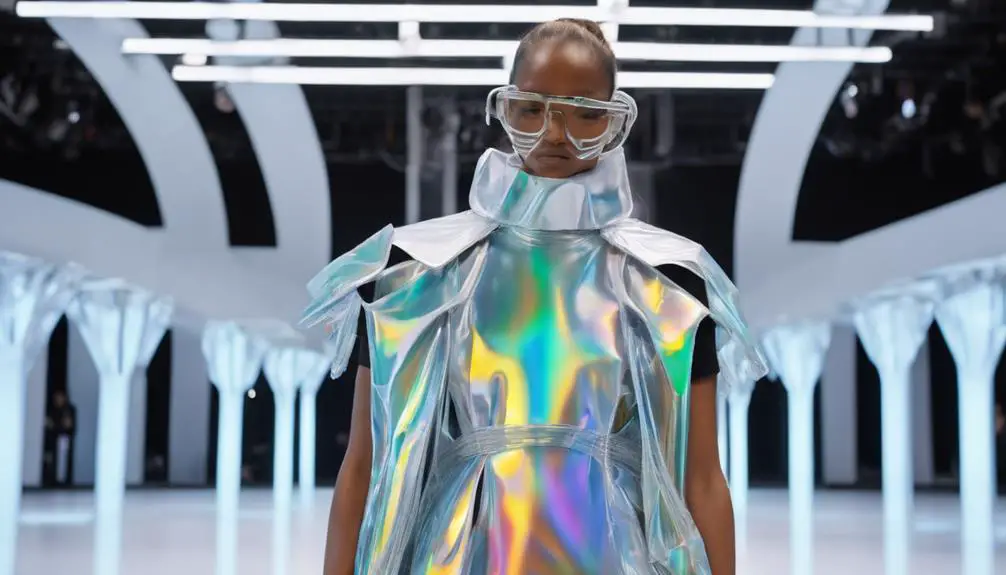
As the fashion landscape evolves, Berlin Fashion Week is stepping up to meet new challenges and expectations. You might be wondering, what's in store for the future? Well, get ready for some exciting changes! Starting with the spring/summer 2025 edition, Berlin Fashion Week plans to pilot sustainability standards. This means designers will focus more on eco-friendly practices, working hand-in-hand with Copenhagen Fashion Week and the European Fashion Alliance. How cool is that? Tailoring Vintage Clothing Guides can inspire designers to create more sustainable fashion by adjusting existing pieces instead of producing new ones.
Emerging designers are shaking things up, too. They're redefining success by prioritizing community-building and adaptability. Forget the old-school metrics; it's all about connection now! Plus, you can expect innovative formats that blend physical and virtual experiences. With this digital transformation, you'll find it easier than ever to engage with the shows.
And let's talk tech! The integration of technology in design is on the rise, creating immersive experiences that'll blow your mind. Imagine attending a fashion show that feels like you're part of a video game. Attendees and online viewers alike will feel a deeper connection to the event, which is super exciting!
Sustainability and ethical production will continue to be at the forefront, as Berlin aims to lead the charge in promoting circular fashion. So, are you ready to embrace the future of fashion? With all these trends and innovations, Berlin Fashion Week is not just keeping up; it's setting the pace! Get ready to see a whole new world of fashion unfold before your eyes!
Frequently Asked Questions
What Is the History of Berlin Fashion Week?
You'll find that Berlin Fashion Week showcases German designers, spotlighting runway trends that reflect diverse fashion influences. Its cultural impact resonates globally, inspiring creativity and innovation within the fashion industry, while highlighting Berlin's unique style.
What Is the Theme of the Berlin Fashion Week?
Imagine a vibrant tapestry, where sustainable fashion intertwines with digital innovation. At Berlin Fashion Week, you'll explore themes of freedom, inclusivity, and originality, celebrating diverse voices while pushing the boundaries of eco-conscious creativity.
What Is the Brief History of Fashion Week?
Fashion Week's brief history highlights its role in shaping fashion trends and providing a platform for designer showcases. It's evolved from local events to global spectacles, showcasing creativity and innovation within the fashion industry.
What Are the Big 4 Fashion Weeks?
When you think of fashion's grand stage, the Big Four comes to mind: New York's dazzling runway, London's edgy streetwear, Milan's luxurious trends, and Paris' exquisite couture—all intertwining to shape the industry's ever-evolving narrative.
